
Exciting new series on “Voice, Body and Movement for Lawyers – How to connect with the jury and find Justice Through Dramatic Technique!”
Click here to find out more
AI provides exciting opportunities for lawyers to supplement their legal expertise and complete tasks with greater efficiency. It is also fraught with ethical risks. For this reason, lawyers should exercise caution in entrusting tasks to AI and, if and when they do, scrutinize the work it produces.
This ethics CLE will examine the relevant ABA Model Rules of Professional Conduct implicated by AI use. It will describe the opportunities afforded by AI, and how they intersect with critical rules of professional conduct including Rules 1.1, mandating that lawyers be competent in relevant technology, 5.3, requiring lawyers supervise those who report to them, 1.6, requiring that lawyers keep client confidences, and 1.4, providing standards governing how often and about what lawyers have to communicate with their clients. This program provides practical guidance about how to comply with your ethical obligations while reaping the benefits of AI.
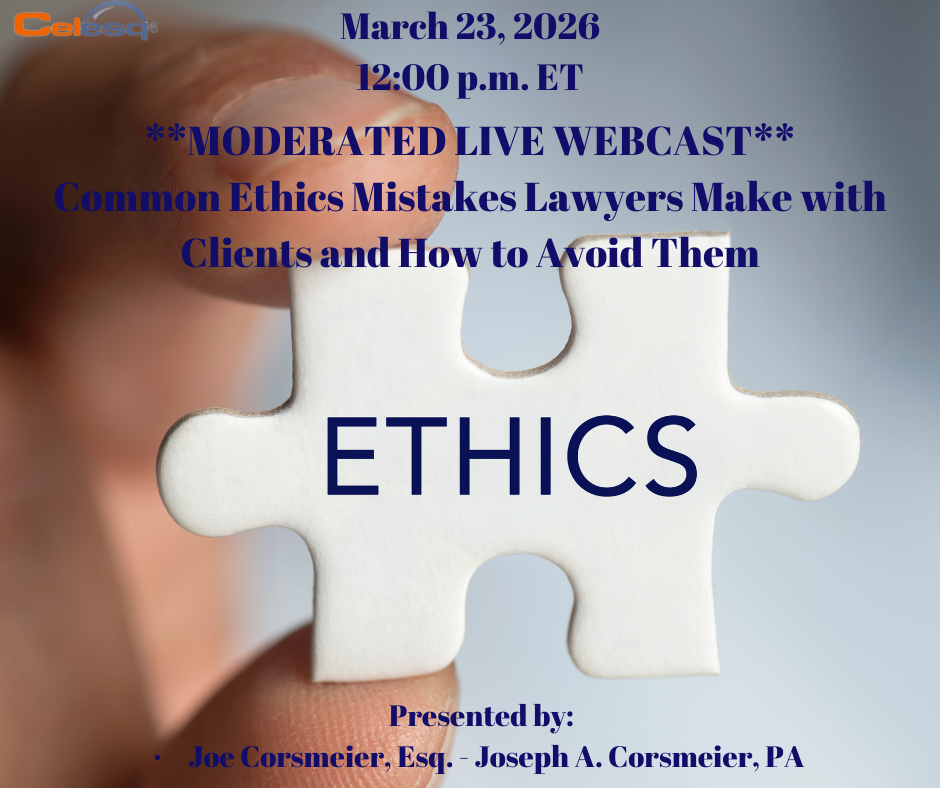
Many lawyers may not fully understand the Bar rules and ethical considerations regarding client repr...
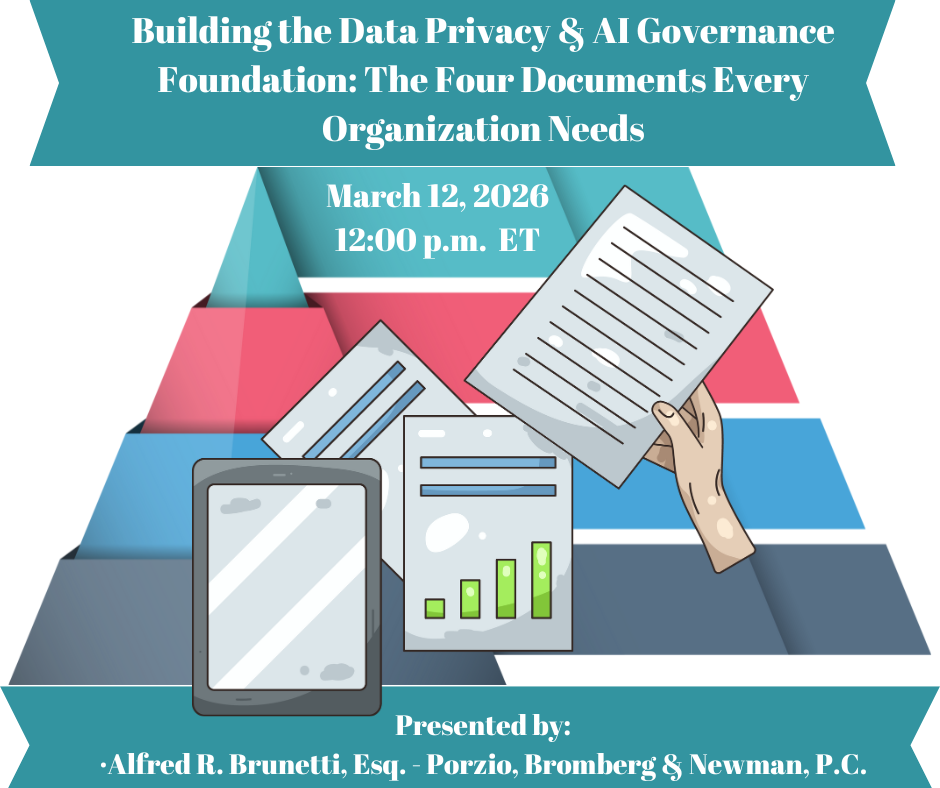
Effective data privacy and artificial intelligence governance programs do not happen by accident. Th...
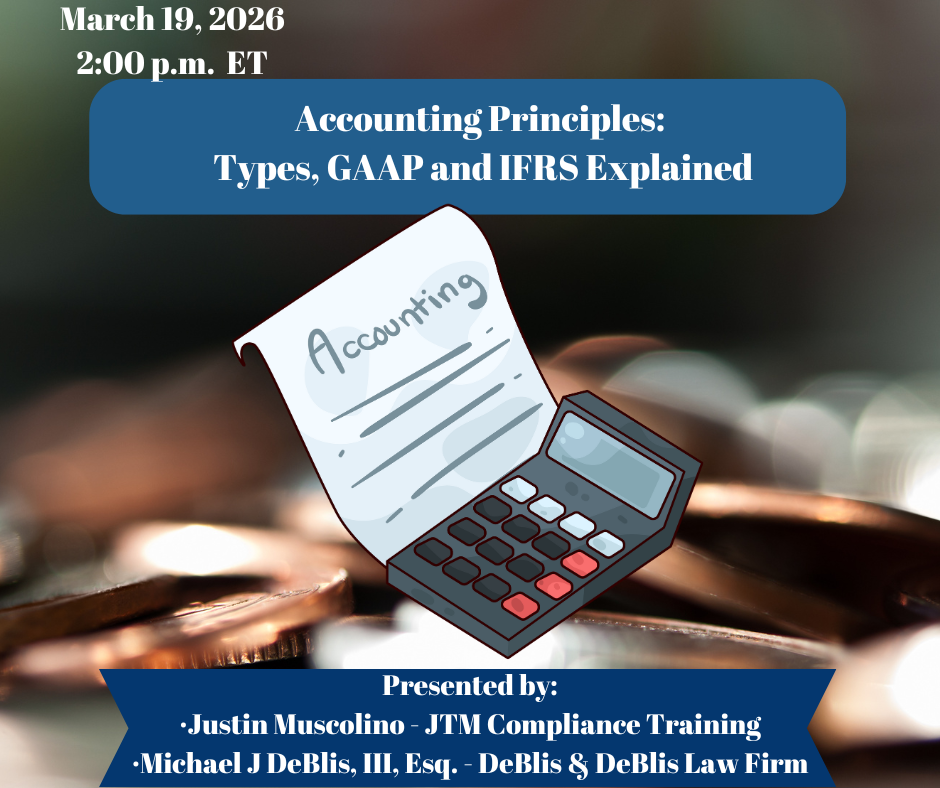
Attorneys will receive a comparative analysis of GAAP and IFRS with emphasis on cross-border legal c...
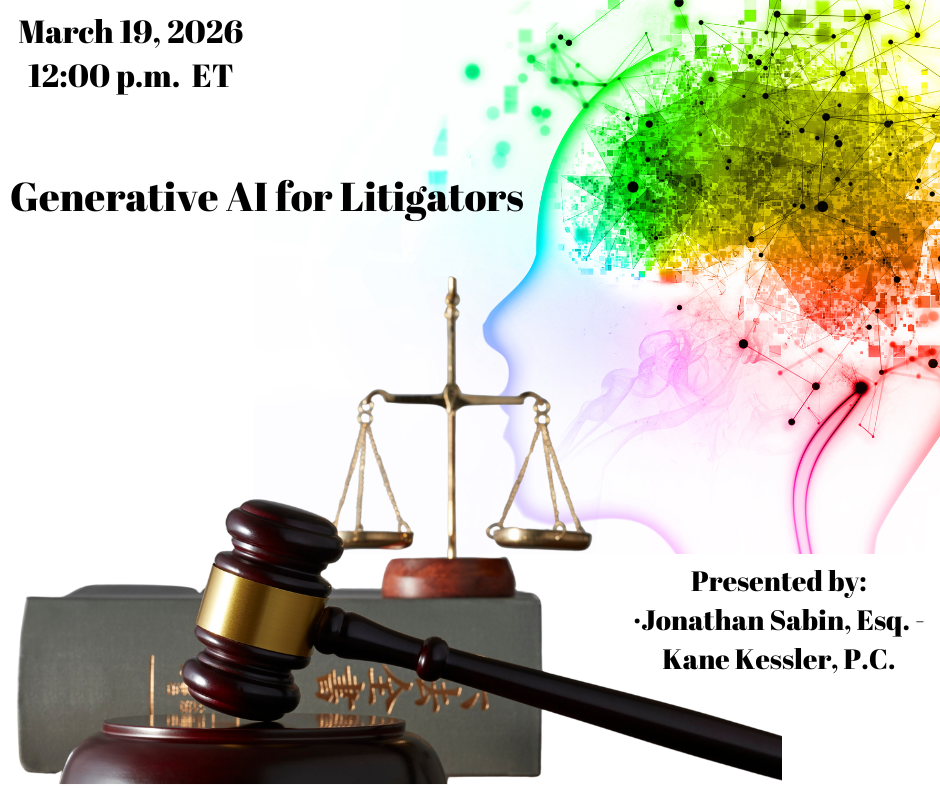
Explore the transformative potential of generative AI in modern litigation. “Generative AI for...
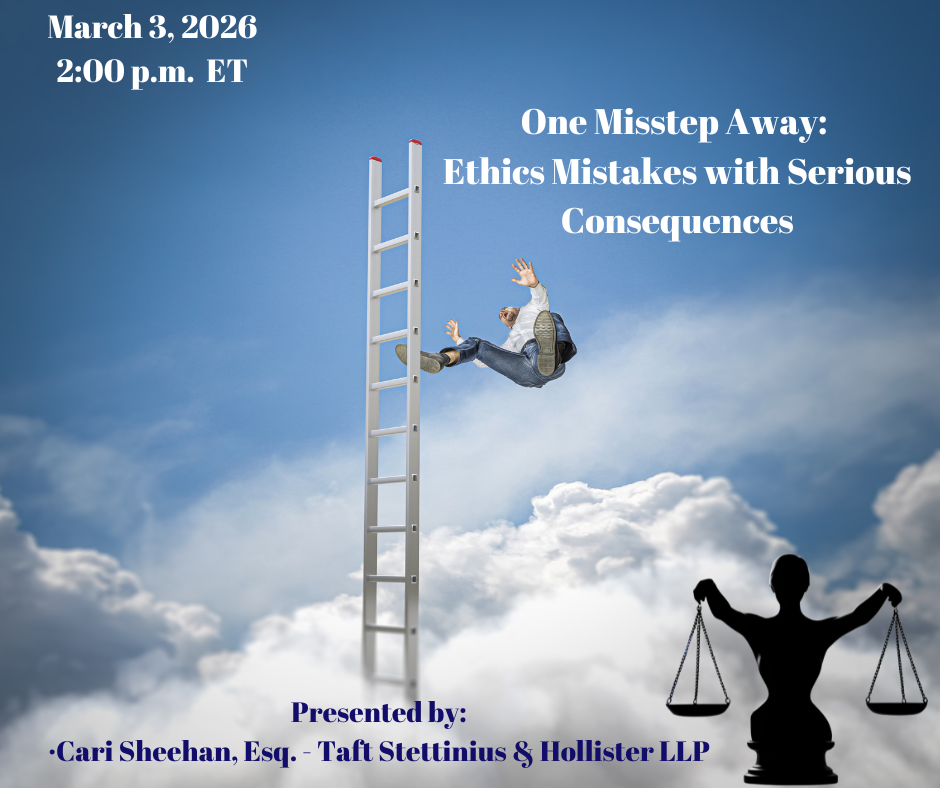
This ethics program examines common, but often avoidable, professional responsibility mistakes that ...
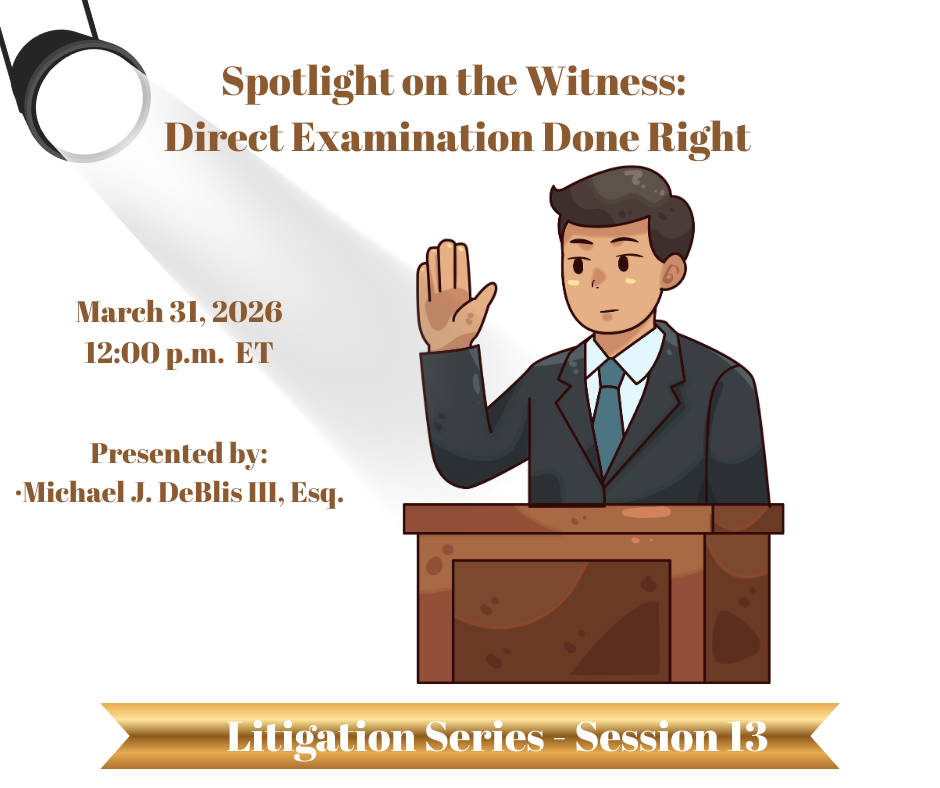
The direct examination presentation outlines how attorneys can elicit truthful, credible testimony w...
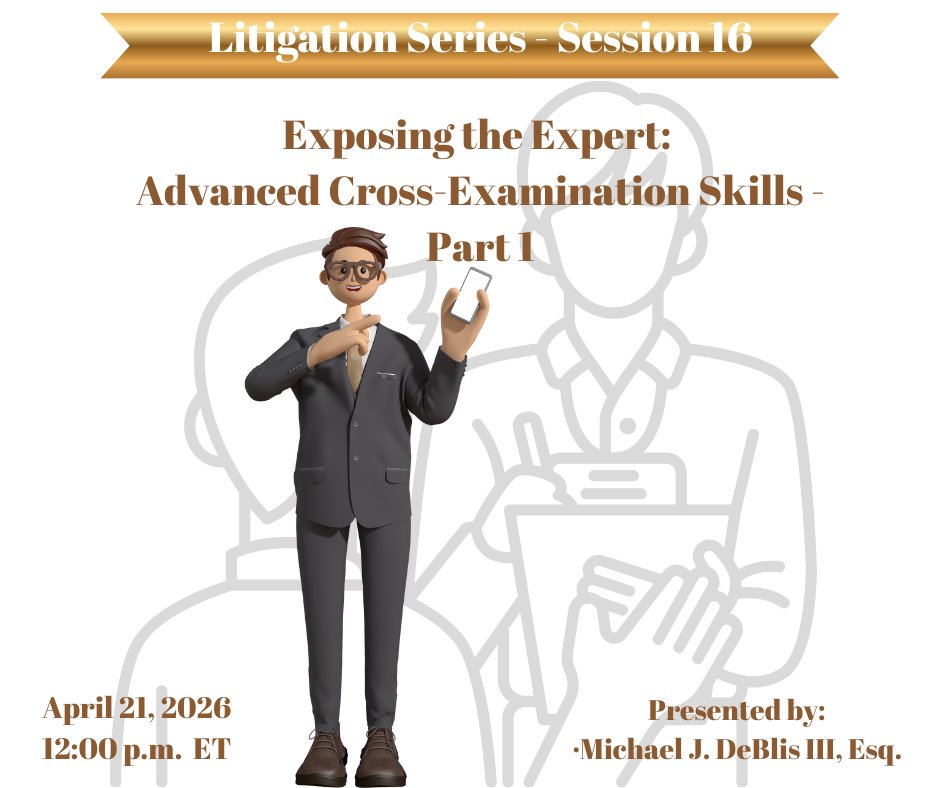
Part 1 - This program focuses specifically on cross?examining expert witnesses, whose credentials an...
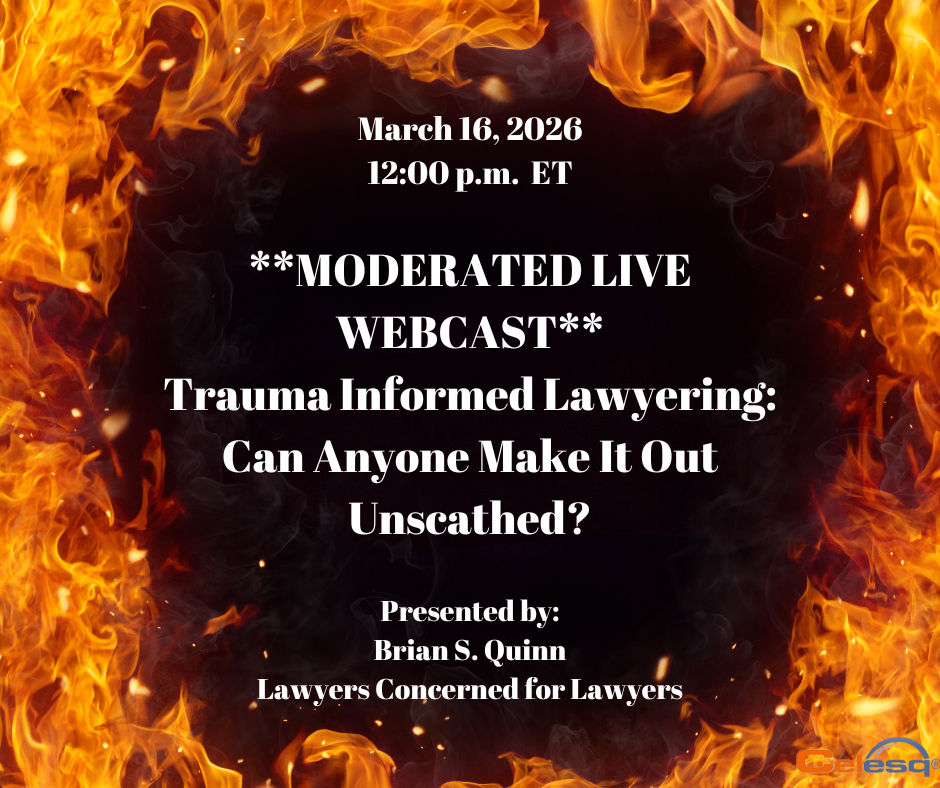
Attorneys hopefully recognize that, like many other professionals, their lives are filled to the bri...
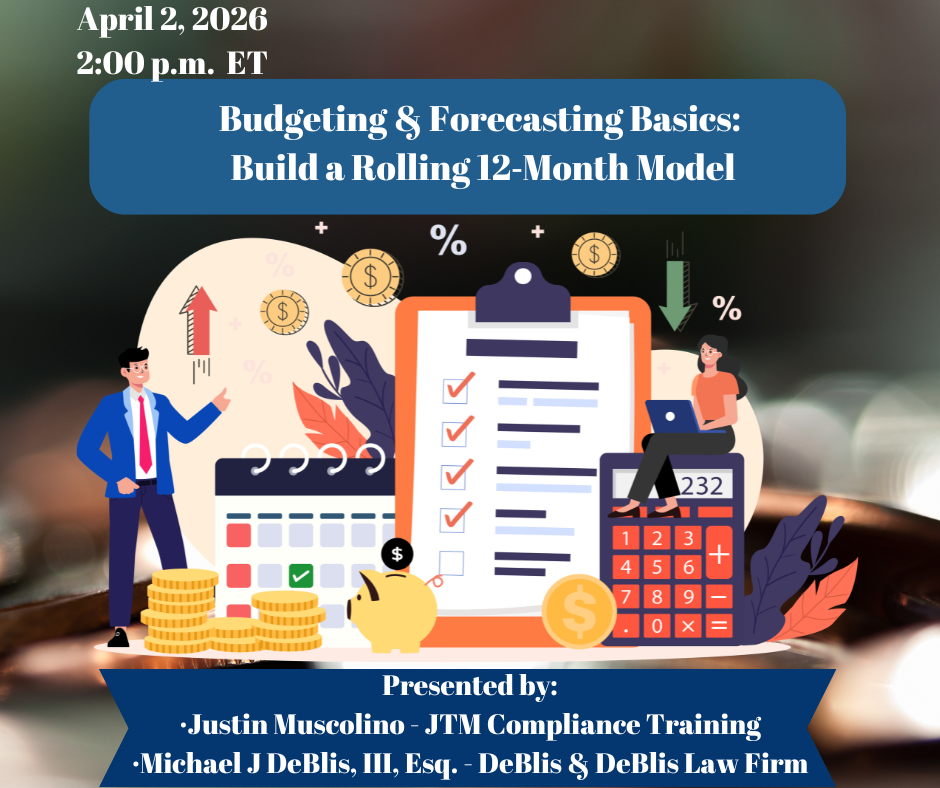
This CLE session introduces attorneys to budgeting and forecasting concepts used in corporate planni...
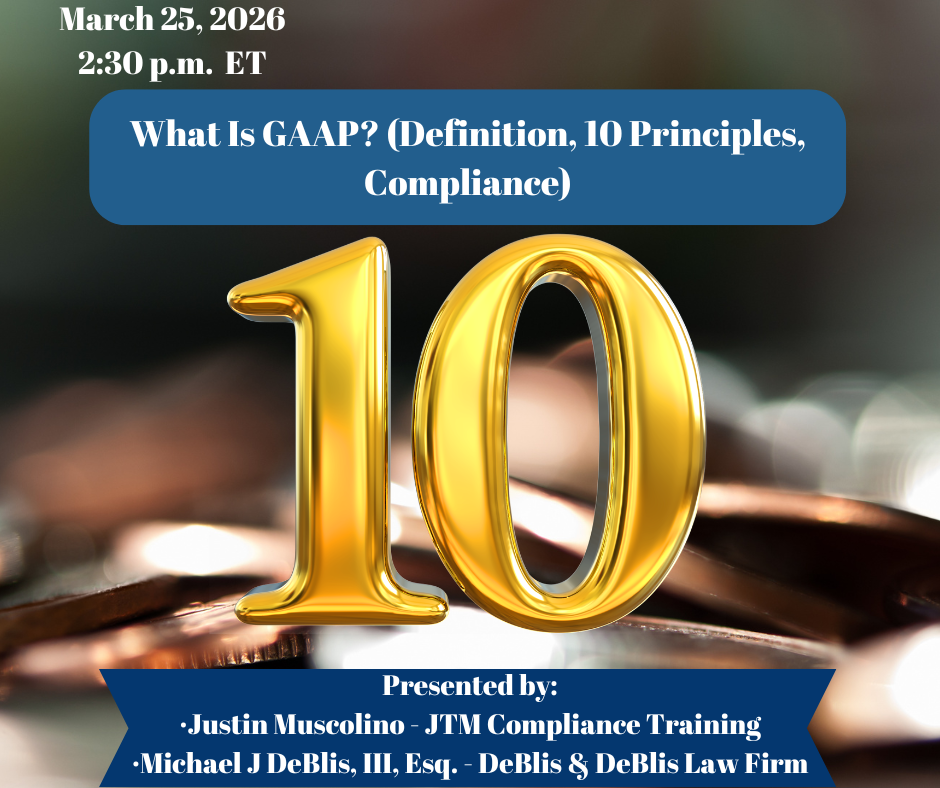
This course breaks down GAAP’s ten foundational principles and explores their compliance impli...